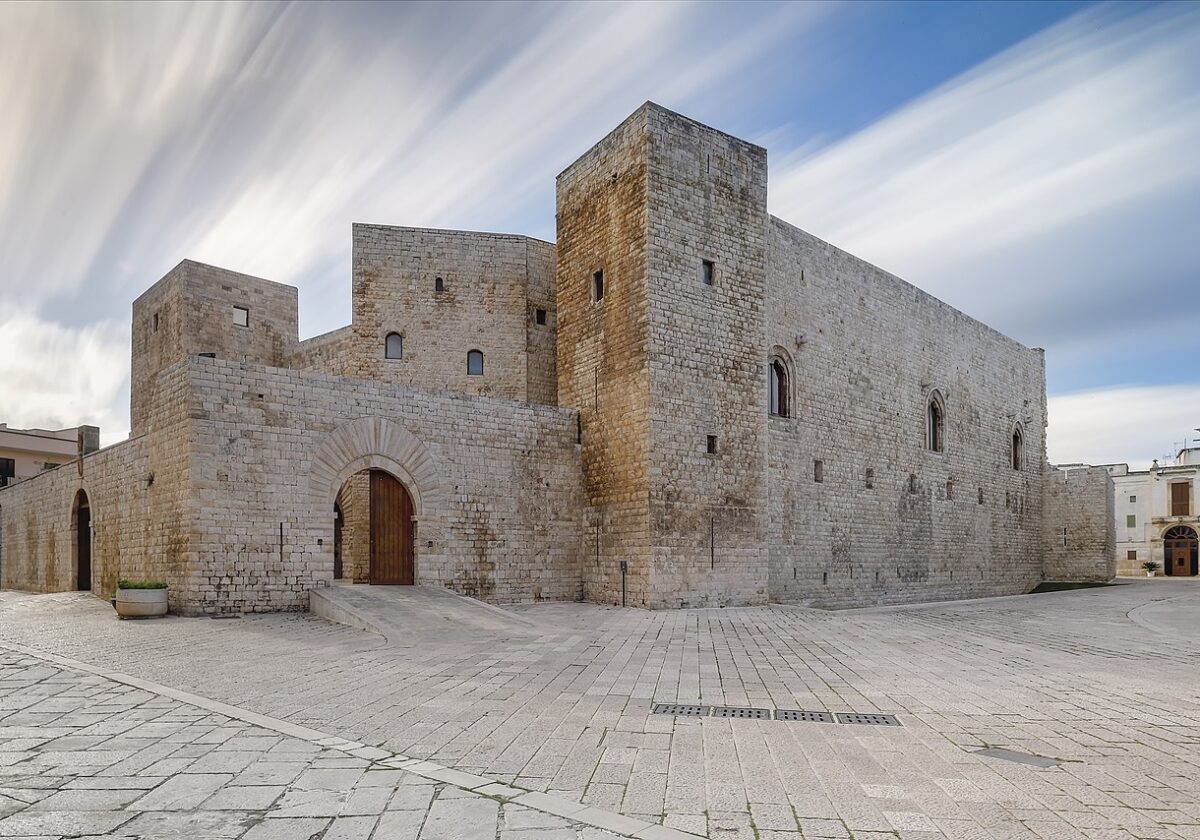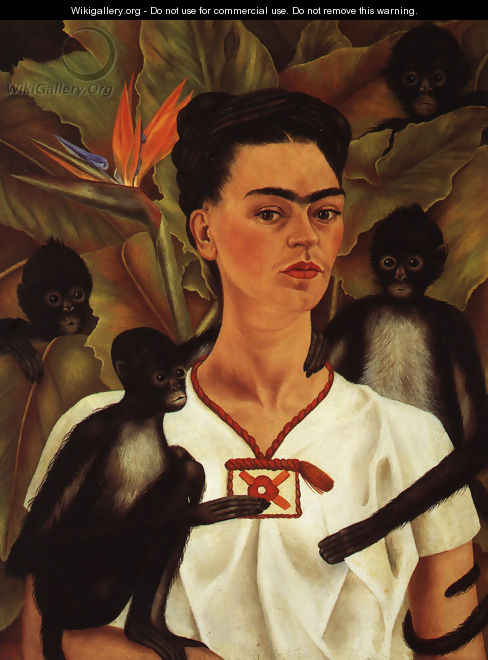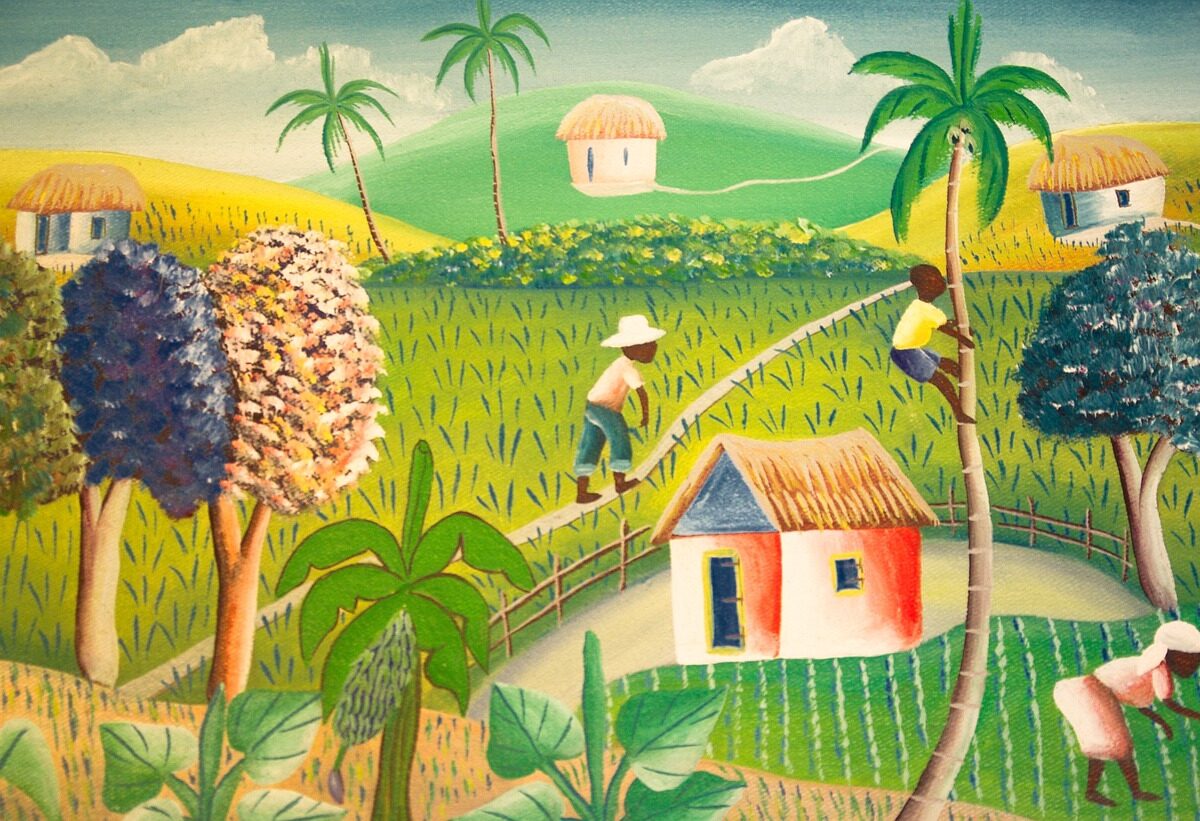There are many documentaries available online for free viewing. What’s more perfect for a rainy day or two?
A Working Mom – 2008
A divorced mother of two returns to her home and children in Bolivia after 15 years of struggling for a better life in Israel, only to find her family members have become strangers. A WORKING MOM is a story that demonstrates the extremes that individuals will go to in order to save their families–sometimes saving and losing them in the same act.
ABC Colombia – 2008
ABC COLOMBIA is an intimate portrait of a rural community in a part of Colombia entirely controlled by paramilitary forces, rendered through the eyes of the children who grow up there, and who are often forced into very difficult choices. Along the mountainous terrain of the Don Diego River, there is a small building of white cement on whose walls children have drawn the plants and wildlife of the region.
This is the school of the children of the campesinos, a single elementary class of 25 students between 5 and 15 years old, the age at which school ends for them. But not all children finish, as many must leave to work as coca-leaf pickers or to patrol the mountains as part of the paramilitary, defending the area’s enormous stretches of coca fields from infiltration by guerrillas or the army. The documentary follows these young protagonists in this problematic setting through an entire school year, exploring some of the realities that nurture and perpetuate the violence in Colombia.
Valley of Tears – 2003
Hart Perry (Director of Photography – HARLAN COUNTY USA), has documented the lives of Mexican-American migrant farm workers in Raymondville, TX since 1979 when the onion workers’ strike broke out. What followed was a fight not only for higher pay but also for equal rights and representation. For 24 years, the county’s Mexican-American residents were determined to fight for what is right. VALLEY OF TEARS is a complex story of the long journey of individuals who endure hardship in order to make a better future for their families.
Three Cubans – 2005
In 1963 & 1964 Robert Carl Cohen became the first US filmmaker authorized by both the US State Dept. & Cuban Foreign Ministry to film the daily lives of upper, middle and lower economic-class Cubans. Returning to the US, Cohen interviewed an upper class exile who, his aged parents remaining in Cuba, requested anonymity. The film’s production had to overcome obstacles such as Kodak’s selling the Producer defective raw stock & the loss of the work print from an insured Railway Express shipment. Its 1965 screening as “Three Faces of Cuba” on over 100 National Educational TV (NET) affiliated stations led to violent protests by anti-Castro exiles, hearings before federal agencies, & non-inclusion by the NET in the usual distribution of its programs to the schools.
Despite having permits from both the State & Treasury Depts., Cohen’s 1963 through 1971 tax returns were audited by the Internal Revenue Service; which revealed no liability. Freedom of Information Act (FOIA) files released in 1975 reveal possible CIA influence in NET’s refusal to distribute the film. THREE CUBANS provides one of the best documentations of the early effects of Castro’s revolution on the people of Cuba.





